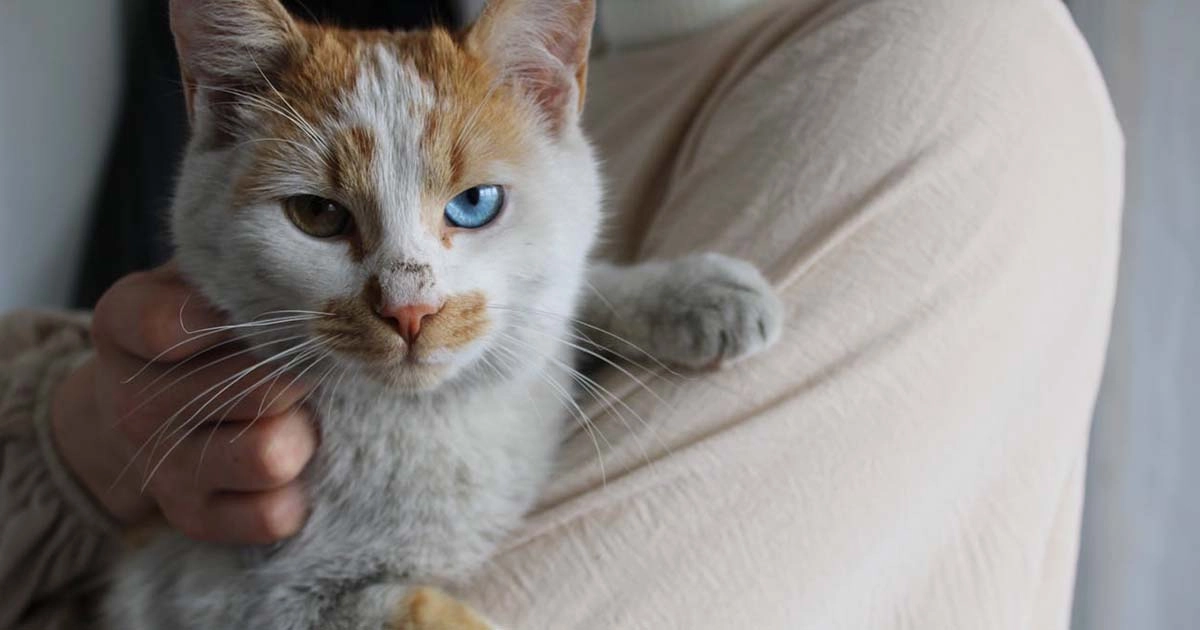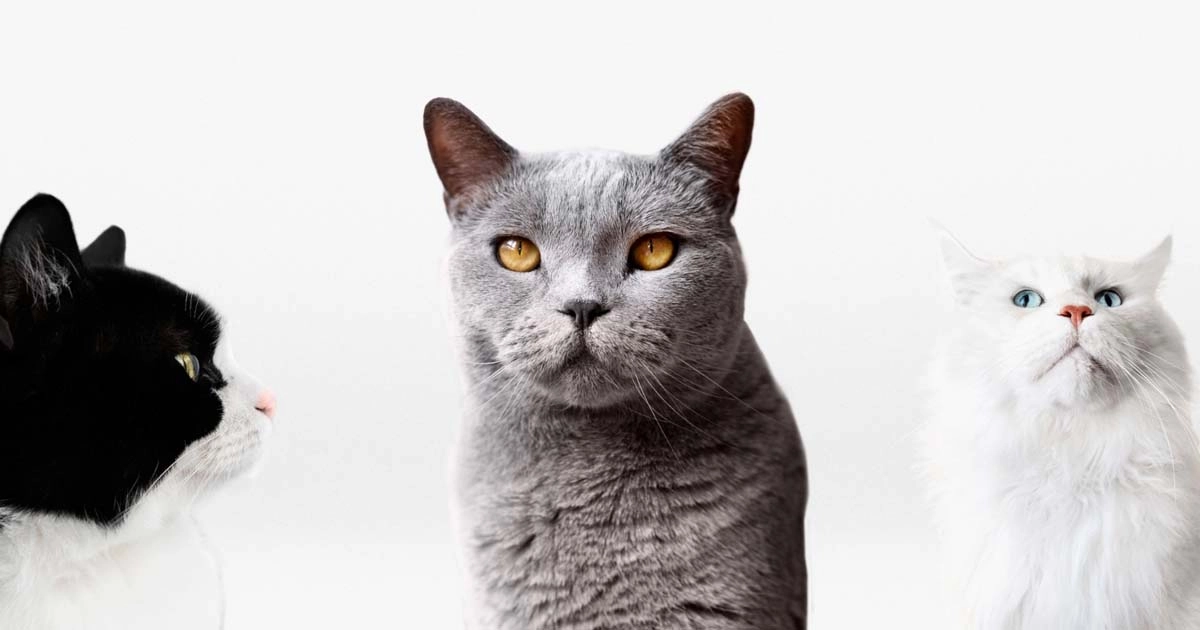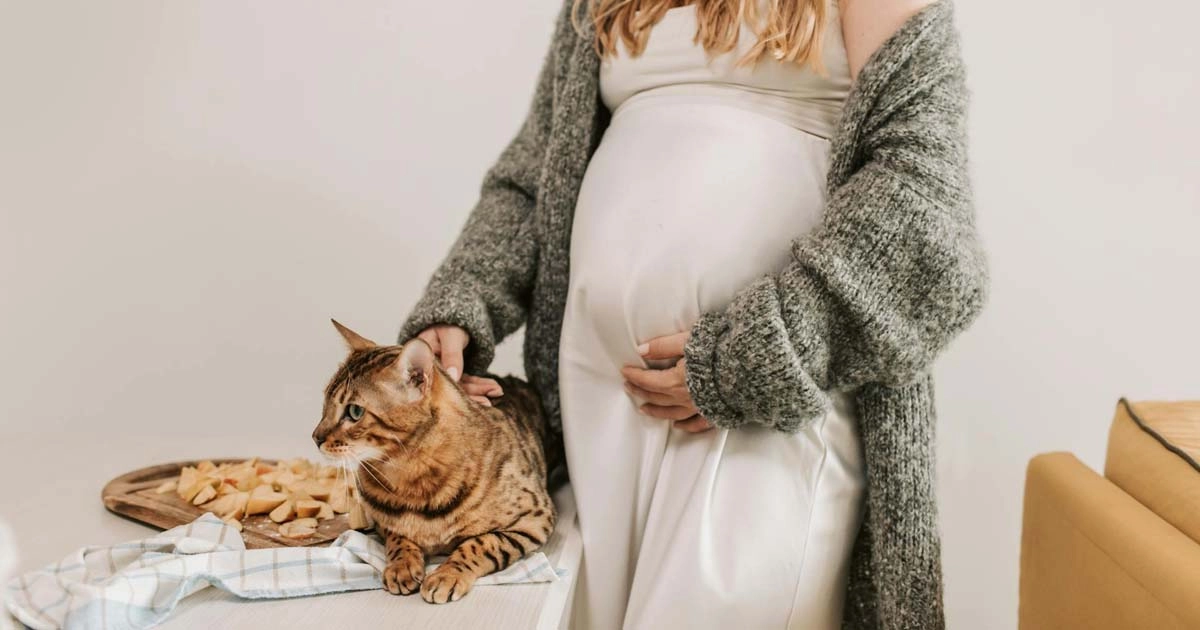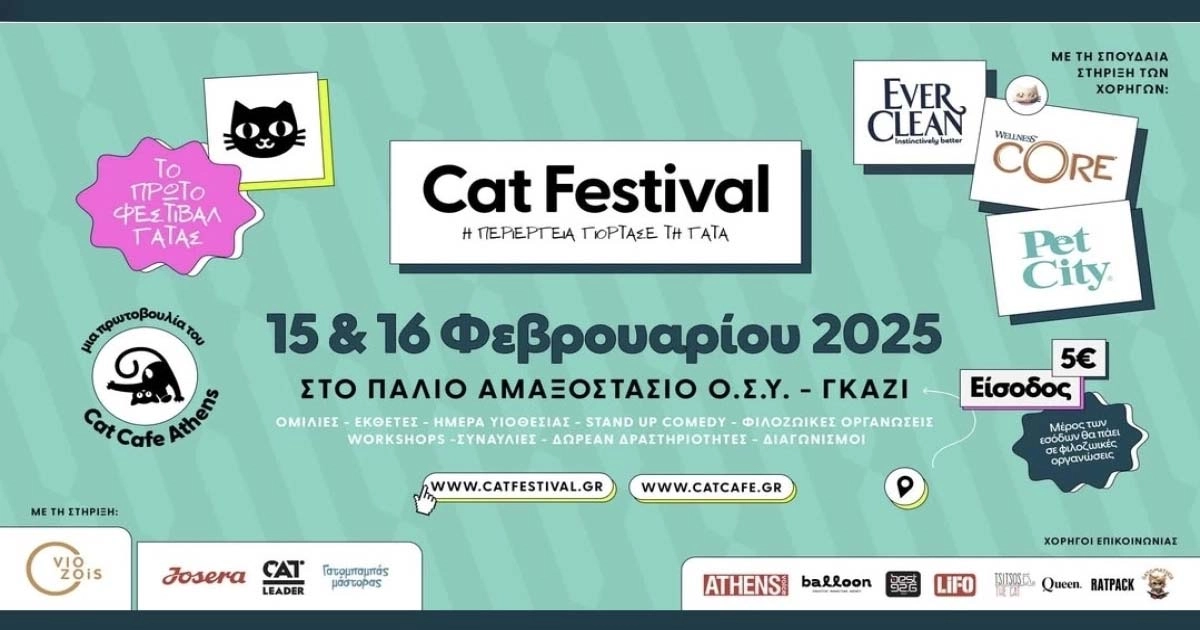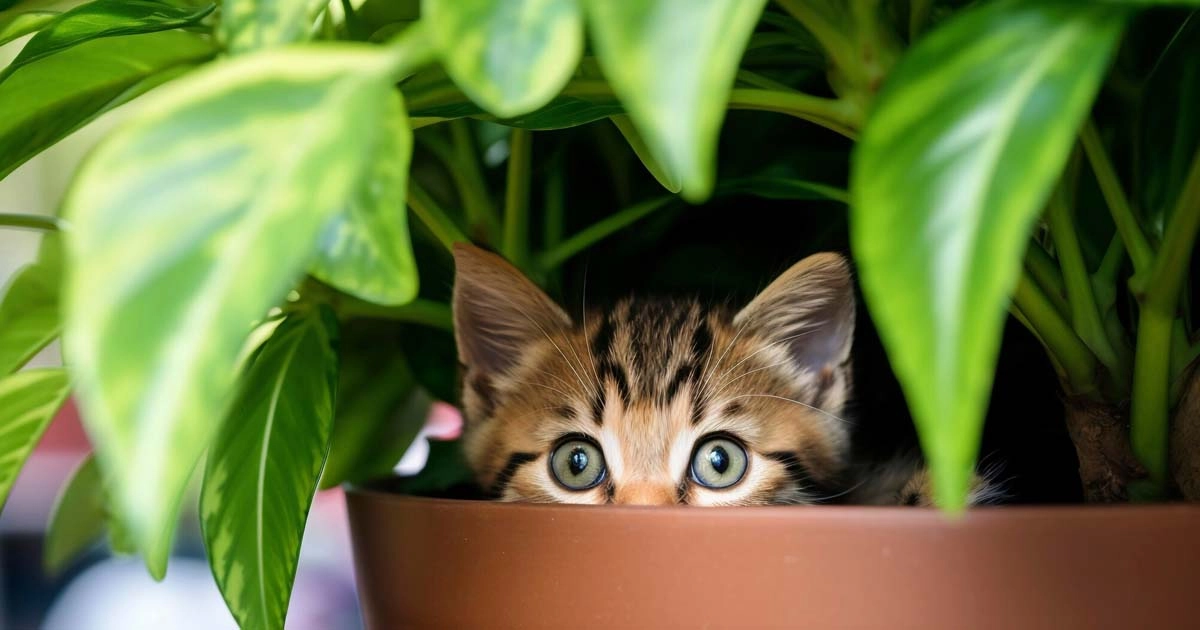Common household items that are toxic for cats

Cat
28/04/2025
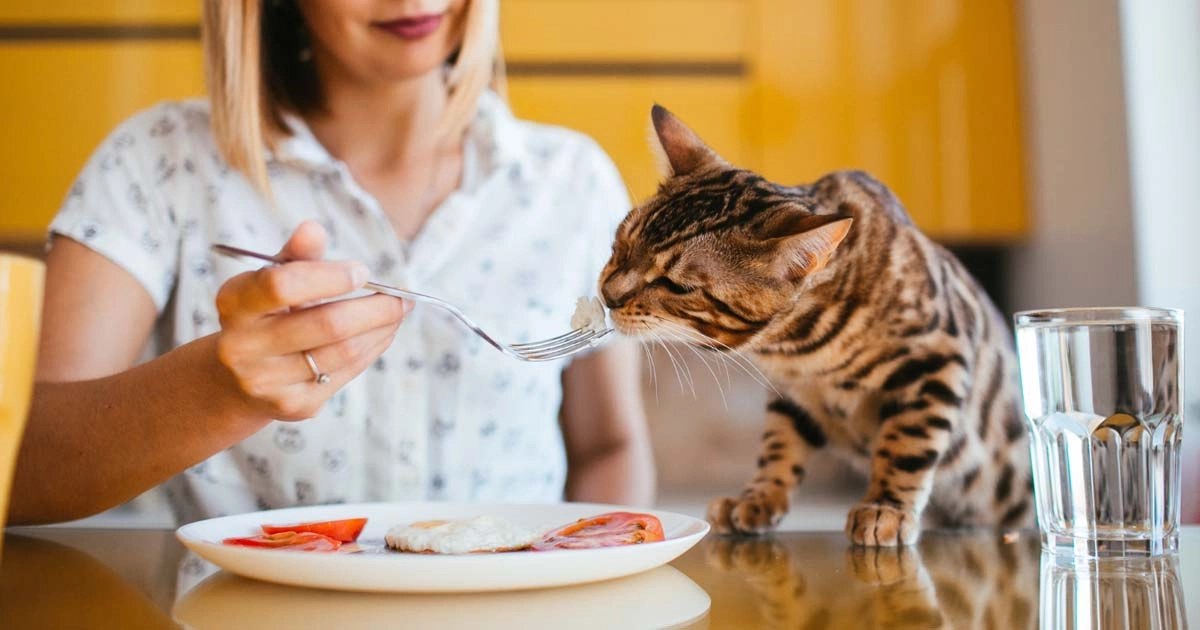
Our homes are our sanctuary — but for cats, there may be lurking hazards within them. So many everyday items we hardly even see can hurt or even kill our cats. At mybestie.gr, we believe that knowledge is the best guard for those dear to us. So let's uncover the concealed hazards in the home and see how to make your cat healthy and safe.
Table of contents
Toxic plants
Plants are an excellent mood-lifter in any space, but a few can be extremely poisonous to cats. One little nibble can cause some serious health problems.
- Lilies (Easter, Day, Tiger lilies):A small amount can cause kidney failure.
- Aloe vera: Beneficial to humans, detrimental to cats; causes vomiting and diarrhea in them.
- Pothos and philodendrons: These are common household plants that will cause oral irritation, swelling of the mouth and lips, and difficulty swallowing.
- Sago palm: Extremely toxic and potentially fatal if ingested.
Tip: Make sure a plant is safe for your cat before bringing it home.
Hazardous foods
Although cats are interested in your food, there are many foods that are hazardous to them.
- Onions and garlic: Even a little bit can break red blood cells and lead to anemia.
- Chocolate: Has theobromine, which is poisonous to cats (and dogs).
- Alcohol: Even small quantities can be fatal.
- Caffeine: Found in coffee, tea, and certain energy drinks; can cause quickened breathing, heart palpitations, and convulsions.
- Grapes and raisins: Though the reaction is better described in dogs, they will also poison cats, causing kidney failure.
Tip: Never feed your snack items without first checking to see if they are safe for your cat.
Household cleaning products
All of the common cleaning agents contain toxins that can poison cats if eaten, inhaled, or walked upon a freshly cleaned floor and then licked off their paws.
- Bleach and disinfectants: Fumes and residue can cause respiratory and gastrointestinal problems.
- Floor cleaners: Especially ones with strong fragrances like pine or citrus.
- Laundry detergents and fabric softeners: Left behind residues from clothing or bedding can irritate a cat's skin or digestive system.
Tip: Wash surfaces with water after cleaning and allow them to dry thoroughly before allowing your cat access to them.
Small objects and hidden dangers
- String, yarn, and hair ties: They're great toys for cats but can be swallowed inadvertently, leading to potentially fatal intestinal obstructions.
- Rubber bands: Ingestion or chewing can lead to choking or gastrointestinal injury.
- Essential oils: Essential oils like tea tree, eucalyptus, and peppermint are highly toxic to cats, even through inhalation exposure.
- Medications: Human medications (like painkillers, antidepressants, or vitamins) can kill your cat if they ingest them.
Tip: Store small items, oils, and medicines securely out of your cat's reach.
What to do if you suspect poisoning
- Stay calm: Panic will only make things worse.
- Remove the source: Relocate the plant, food, or object from the cat.
- Call your veterinarian immediately: Timing is of the essence in managing toxic exposures.
- Do not Induce Vomiting unless instructed by an expert.
Your cat's innate curiosity is one of the reasons why they are so cute, but also why you must be more cautious. By uncovering the perils that exist in your abode, you can create a safe and loving home where your furry companion can live happily ever after. For additional tips on cat safety, health, and happiness, visit our blog - because a happy home is a safe home for all.
